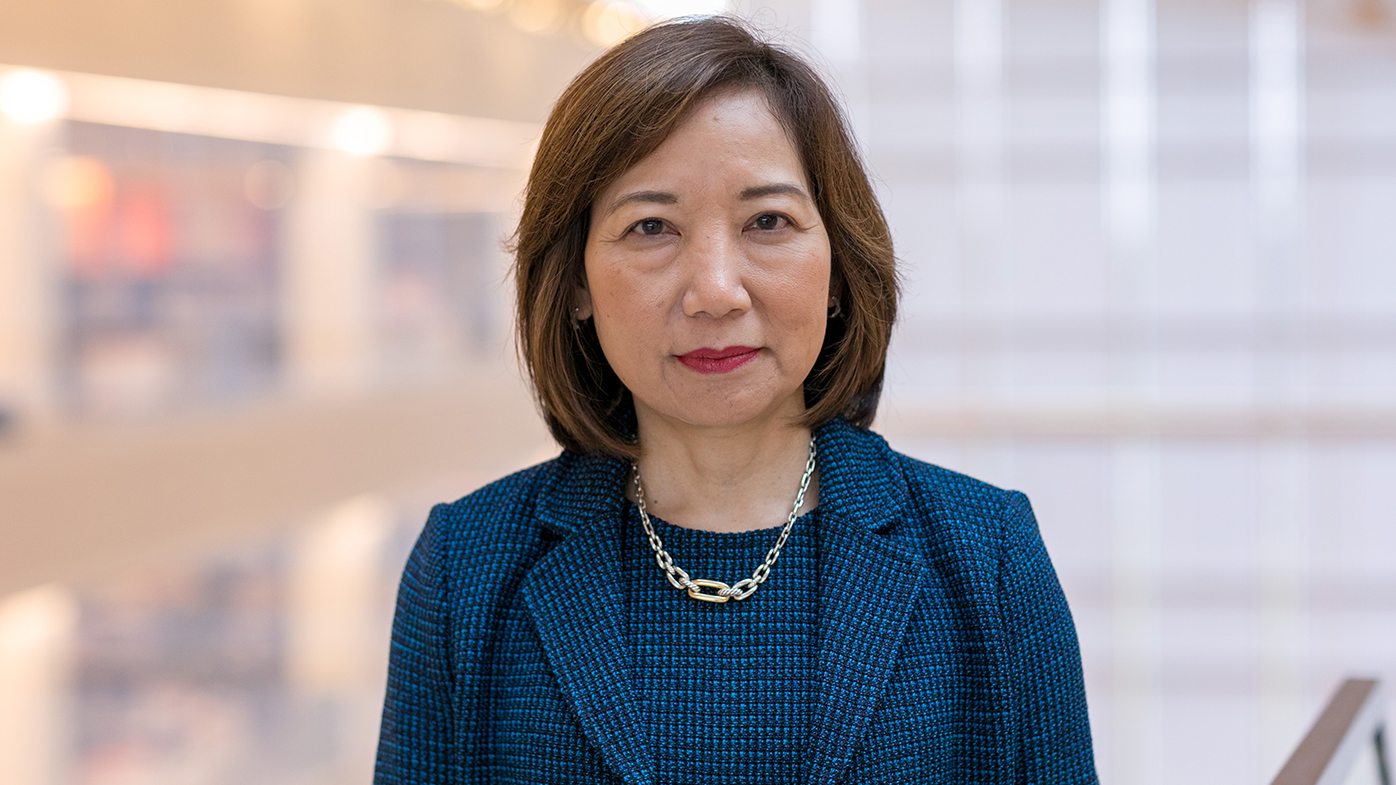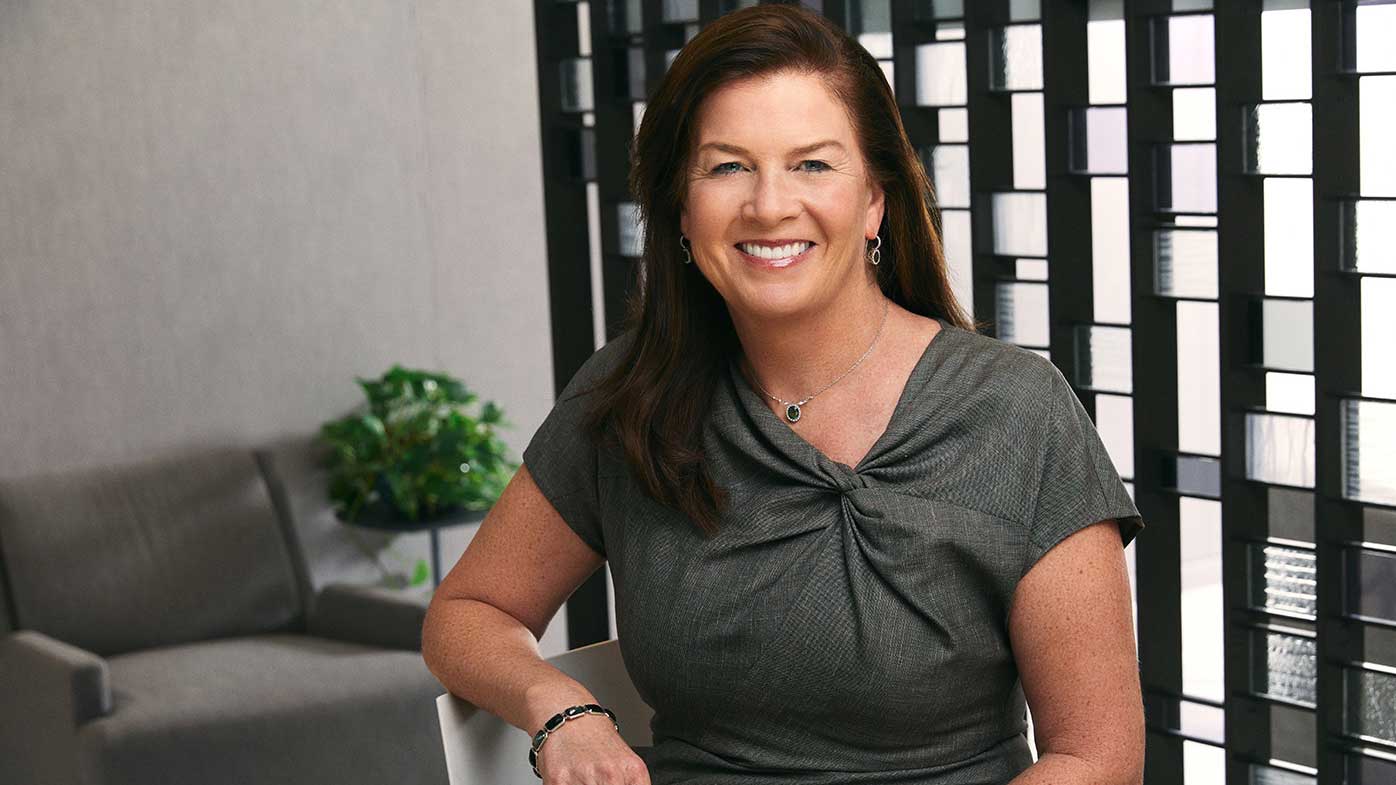It's time for businesses to finally address racism. Here's how.
Editor’s note: This article was originally printed on June 10 on Washington Post.com and is reprinted here with permission from the publication.
As general counsel of a large company, I am often viewed as the executive who limits what the company says to little more than what is legally required or expected by investors. But I am writing now — with my company’s blessing — about racism and what companies should be doing to address it.
Over the past week, I’ve spoken to many colleagues trying to make sense of the senseless deaths of George Floyd, Ahmaud Arbery, Breonna Taylor and countless other black and brown Americans. These conversations have made clear to me that we are simply not comfortable talking openly about race, let alone racism — especially at work. So of all the actions we need to take to turn these recent tragedies into lasting change, the first has to be that of speaking up. I am doing just that.
As an Asian American, I have felt the sting of discrimination my entire life. I experienced taunts about the shape of my eyes when I was in grade school. As an intern at the Legal Aid Society, I was asked if my trips to see defendants in jail were “conjugal visits.” When I became an assistant district attorney — though I was fortunate to work with many broad-minded, brave and inclusive professionals — I observed regular use of pejorative terms for minorities, a greater willingness to presume minorities guilty and more rough treatment of minorities. I have been called “Dragon Lady,” complimented on my “impeccable English” and told I didn’t seem Asian, or that, even though I am a minority, I was considered a “safe” one.
When I think about those experiences today, I recognize that much of this bad behavior persisted because people were unwilling to speak up — myself included. Police officers, judges and fellow prosecutors said overtly racist things about defendants right in front of me, but I didn’t have words or courage to call them out. For that, I am deeply ashamed. I convinced myself that by being silent, I was registering dissent. I couldn’t have been more wrong: We all promote what we do not protest.
Just as there is systemic racism in the criminal-justice system, there is systemic racism wherever there are large organizations of people, including in corporations. Because companies are the sources of so many of the world’s jobs, companies have great opportunities to turn today’s unrest into tomorrow’s enhanced fairness and opportunities.
What should companies be doing? A couple of things to start:
- Maintain relationships with historically black colleges and diverse professional organizations of under-represented ethnic groups to help build a truly diverse talent pipeline. Companies should also post job openings so that everyone, with or without “connections,” can apply.
- Establish a policy to create diverse interview slates and interview panels — from the board of directors on down.
- Provide extensive training to help all employees identify and eradicate unconscious or systemic bias, microaggressions, casual discrimination and racism.
- Demonstrate the importance of these values by including constructive workforce management as one of the metrics in executive compensation.
- Set the tone for inclusion at the top. In my company, I have my position in part because board members ensured my inclusion in the candidate pool.
These steps are now our baseline, and we know we must do more. While I have experienced racism throughout my life, I recognize that I am privileged in many ways and cannot fully empathize and understand the experiences of my black and brown colleagues. I certainly do not appropriate anyone’s pain. I just work hard to understand and address it, including using my position to voice it.
If we are to turn the deaths of Floyd, Arbery and Taylor into more lasting progress, we need to not only speak up but also use the means each of us has to build inclusion into our hiring, our promoting, our development, our compensation and our human decision-making.
When someone shows us a personal kindness, we are taught to pay it forward by being kind to others. It is now time for all of us to fix it forward as well — to take the indignities and discrimination many of us have felt or witnessed and use them to drive lasting change. That starts with the courage to speak up every single time it is needed.



